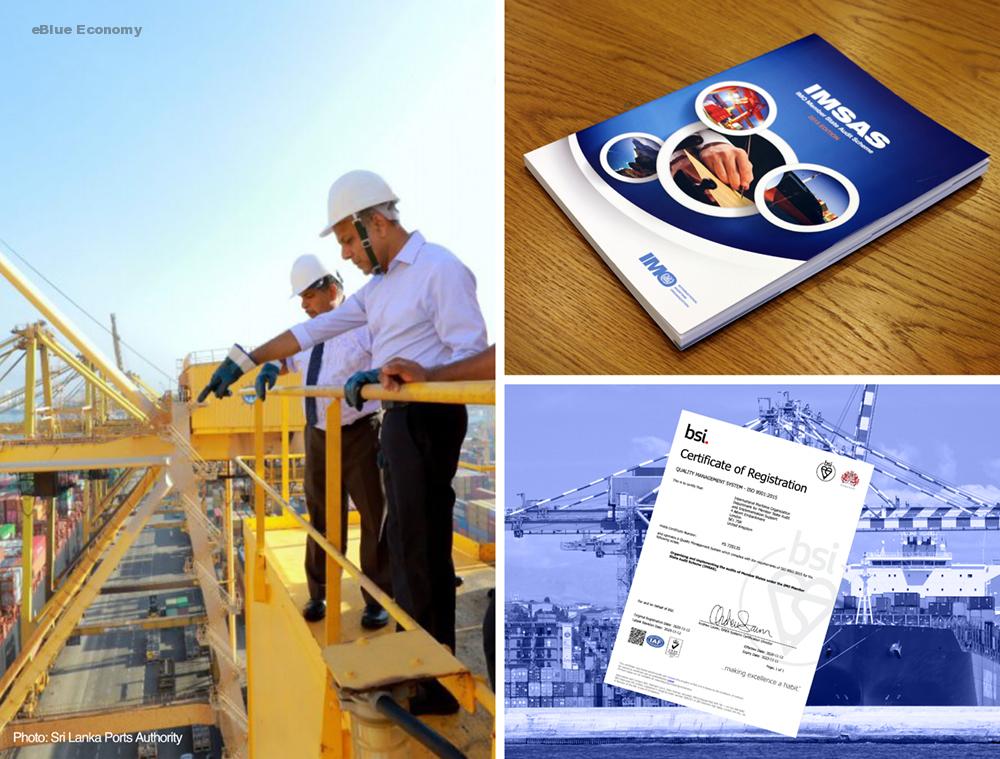The IMO Member State Audit Scheme (IMSAS) is key to promoting consistent and effective implementation of IMO instruments – assisting countries to improve their capabilities as flag, coastal and port States.
Its certification aims to enhance the confidence of Member States in IMSAS
To further this process, audits and follow-up audits of Member States are being organized and implemented through a quality management system, which has now been certified by an independent external accredited certification body.
The system (which includes policies, manuals, processes, procedures, training, records etc.) has been developed in-house by IMO.
Member States in IMSAS
Its certification aims to enhance the confidence of Member States in IMSAS by demonstrating compliance with an internationally recognizable management standard (ISO 9001:2015) as well as to provide a sound basis for further development of IMSAS.
Implications for the 2021
With widespread international travel unfeasible for the foreseeable future due to the COVID-19 pandemic, the implications for the 2021 audit schedule are being assessed. A remote audit mechanism is one option being considered should the travel disruption continue during 2021.
IMO’s Department for Member State Audit and Implementation Support (MSA&IS) is developing the way forward for such a potential remote audit mechanism, based on broad discussions with auditors under a recent virtual meeting for auditors. A submission containing the proposal on a remote audit mechanism will be prepared for consideration of the IMO Council’s 125th session, scheduled for June/July 2021.
Audit module on GISIS
Although on-site audits have been put on hold, significant work is ongoing with follow-up audits for those Member States that were audited in 2016 and 2017, which will continue well into 2021. Six audit follow-up reports have been completed so far and made available through the Member State Audit module on GISIS to all Member States.
Involves extensive
The document-based audit follow up is currently ongoing for all remaining 14 audits conducted in 2016 and for seven of the remaining 21 audits conducted in 2017. The process involves extensive engagement with the respective auditors and audited Member States for their consideration and response to specific audit questions.
press release














